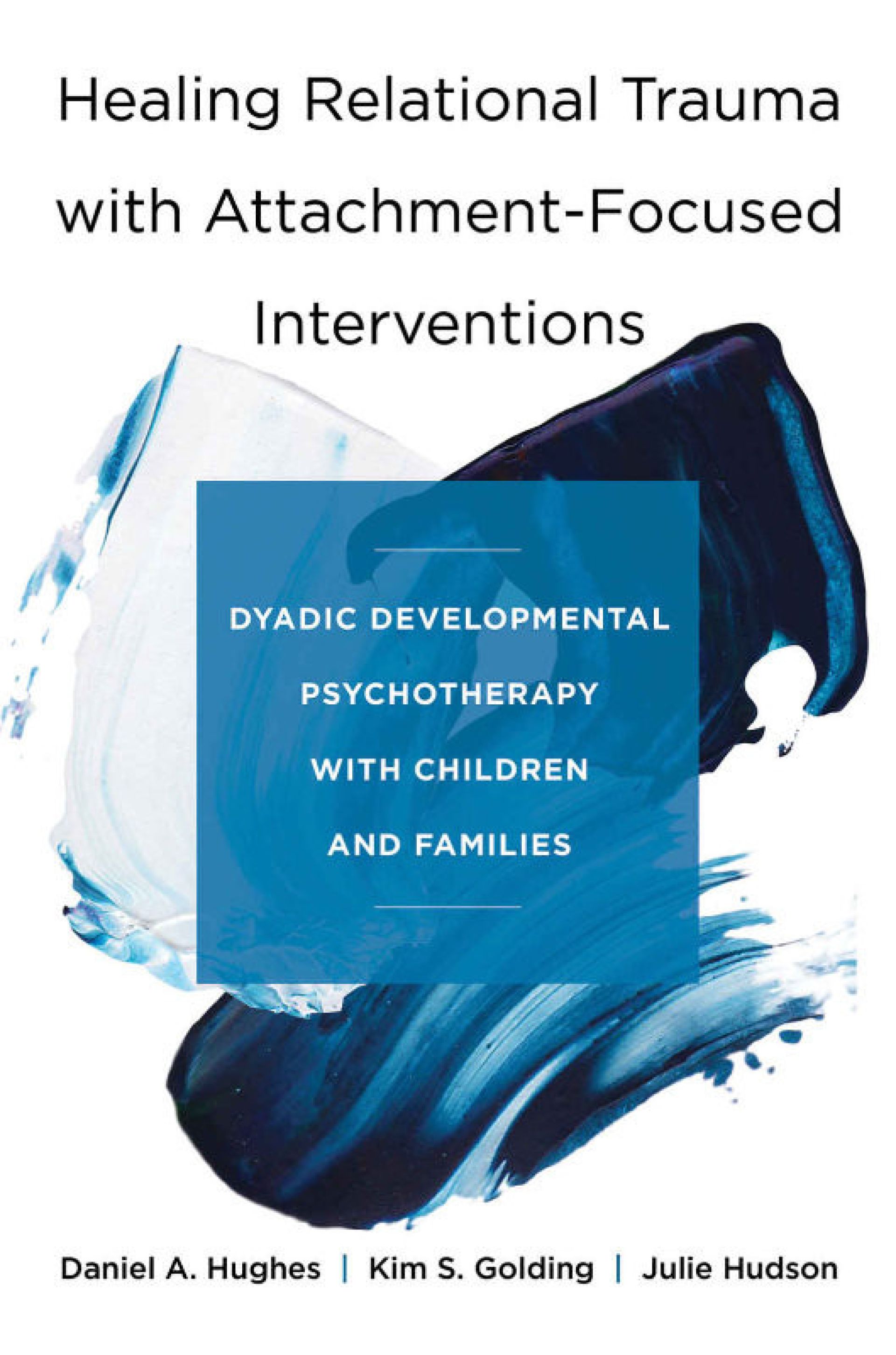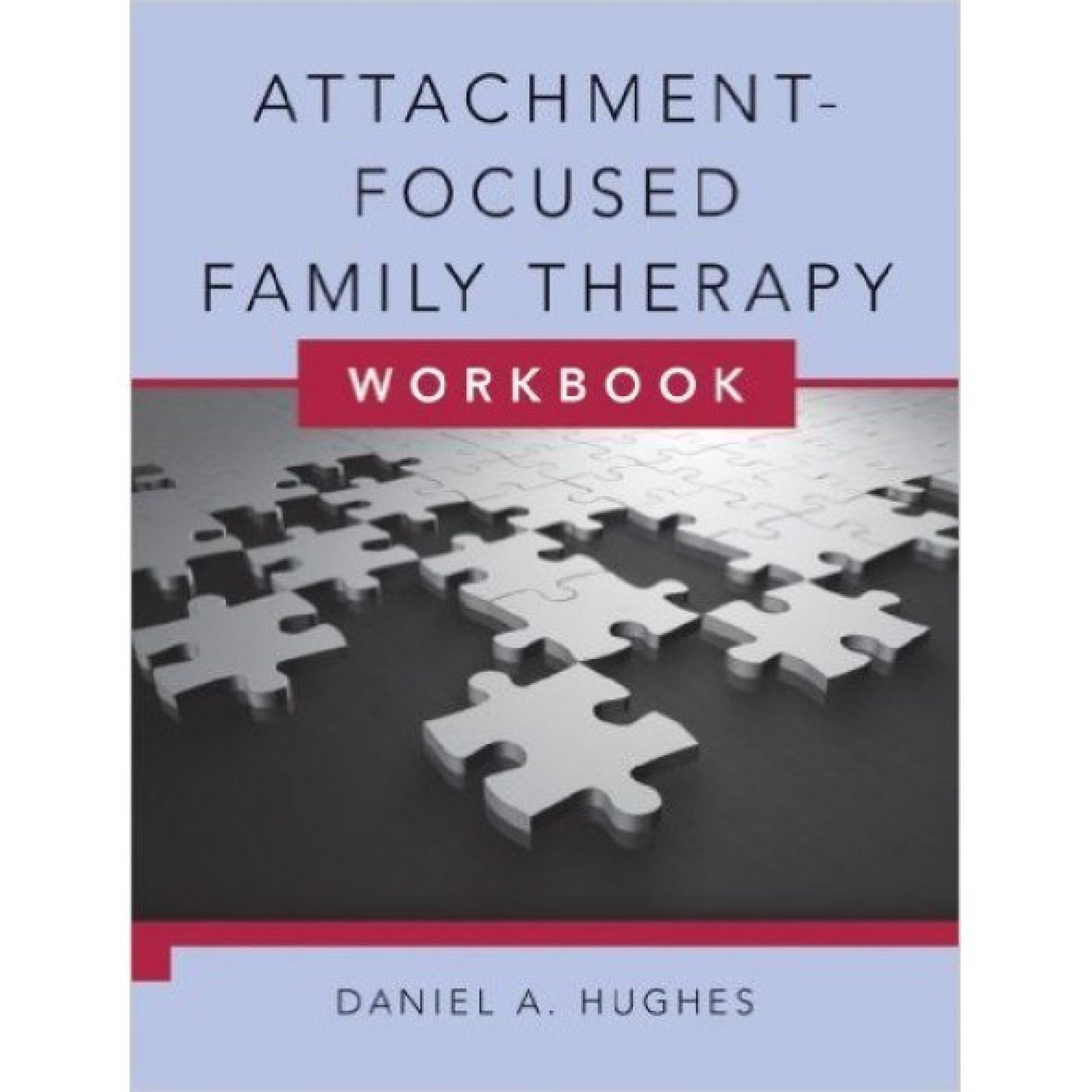

From Mistrust to Trust:
Veronica George
DATE
Thursday, 29 May 2025
Time
9:00am - 3:00pm
Venue
Waipuna Hotel and Conference Centre
58 Waipuna Road
Auckland
Inclusions:
Lunch & Tea Break Catering
Workshop Notes
Certificate
Bookshop at Seminar
$295.00
incl GSTThe first 1000 days of our Tamariki’s lives have a profound impact on their brain development and how they experience the world. If a young person’s need for safety and nurturing relationships is not met during this time, it ultimately leads to a sense of mistrust in the world, manifesting in challenging behaviour. All too often, the focus is on trying to ‘fix’ this behaviour, however this needs to shift to trying to understand the inner world of these children (their thoughts and feelings), as well as viewing their behaviour through a neurological and physiological lens, in order for true change to occur.
This begins with creating safe and trusting relationships whereby adults learn how to stay open, non-judgemental, empathetic and curious in the face of challenging behaviour so that the hidden needs of these young people are identified. From a trauma-informed lens, clinicians encourage young clients to positively organise their emotional experiences, thus alleviating shame-based feelings.
This relational and co-regulatory approach is vital in altering the negative life trajectory of young people who have experienced early childhood adversity, allowing the growth and development necessary to thrive. This includes whole-brain integration, regulating their nervous system, and enhancing their growing sense of self.
This seminar will provide participants with practical evidence-based interventions and tools that can be used across a variety of settings such as home, school and the community. As a parent or caregiver, shifting from a behavioural to a relational focus is instrumental in fostering secure attachment relationships, leading to more positive parent-child interactions and a greater ability to co-regulate with their young person. In the school setting, trusting relationships and a ‘felt sense of safety’ are foundational for young people to be in a ‘ready to learn state,’ so this approach will help to increase engagement in learning over time, as well as enhance the wellbeing of staff.
This approach supports a deeper understanding and connection between any professional and young person, such as a social worker, mentor, or therapist. Safety and trust allows the young person to let their defences down and begin healing.
By the end of this course participants will:
Know about relational approaches for dealing with challenging behaviour and emotions (such as P.A.C.E.; Dan Hughes) to help a young person regulate their emotions, make sense of their world in less shame-based ways, and learn how to trust relationships (including using ‘storytelling’).
Understand the impact of Blocked Trust and the importance of creating safe and trusting connections to foster growth and development.
Understand insecure and disorganised attachment patterns and the relevance for ongoing development, including how to foster more secure attachment relationships.
Understand the basics of the Neuro-sequential model of brain development (Bruce Perry) and whole-brain integration (Dan Siegal).
Understand the basics of Polyvagal Theory and how to convey ‘Safety Signals’ to promote regulation of the autonomic nervous system (Stephen Porges)
Know how to connect with the hidden vulnerabilities underlying challenging behaviour, recognising how such behaviour has developed as a form of ‘self-protection.’
Know how to use mindfulness practices to stay regulated when dealing with challenging behaviour, as well as utilising ‘relationship repair’ when necessary, along with practicing self-compassion.
Veronica George is a Northland based registered Psychologist who splits her time between training, consultancy, supervision and case work, with a focus on understanding the impact of adverse childhood experiences on development and implementing trauma-informed practices to foster positive life outcomes.
Veronica is New Zealand’s first certified practitioner of Dyadic Developmental Practice (DDP) and is currently doing her DDP Consultancy Practicum. She utilises this framework in her therapeutic work with children, adults, and families, and also in her training and consultancy within the education, health and community sectors to promote trauma-informed practice. Veronica is also trained in Acceptance and Commitment Therapy, with mindfulness-based practices supporting the implementation of trauma-informed work.
Veronica speaks with a contemporary, practical, and uniquely New Zealand focused perspective, providing numerous examples of this approach across a variety of settings, ensuring that this workshop is one not to be missed for all professionals working at the coal face with children and young people with trauma backgrounds.

Healing Relational Trauma Workbook
By Daniel A. Hughes, Kim S. Golding
$68.90

Healing Relational Trauma with Attachment-Focused Interventions
By Daniel A. Hughes | Kim S. Golding | Julie Hudson
$79.90
